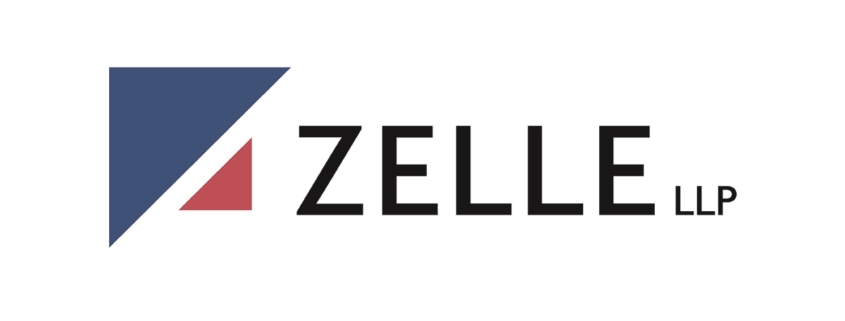Huber Heights, Ohio, Suffers Ransomware Attack on Systems
A number of government services are unavailable in Huber Heights, Ohio, following a ransomware attack over the weekend on the city of 40,000 near Dayton.
The ransomware was initially discovered at the city’s dispatch center early Sunday, but public safety departments are now running normally after switching to a Montgomery County location, local news reported. The city reiterated in an online update that “public safety services remain unimpacted.”
Meanwhile, the attack has affected city divisions for economic development, engineering, finance, human resources, tax, utilities and zoning, the city said. This prevents residents from paying utility bills online; as such, the city is suspending late penalties and disconnections through the end of November. Residents can still pay now by bringing cash or check, alongside their billing receipt, to the water department office.
City Manager Rick Dzik said in the online announcement that the city expects services to remain impacted for “at least a week.” According to local news, the city has declared a state of emergency.
Dzik said the city will post updates on the situation daily at 2 p.m. on its website, www.hhoh.org, and on Facebook. The incident is not impeding the city council meeting scheduled for Tuesday, which will livestream on the city Facebook page at 6:00 p.m.
The city is working to determine what data may have been compromised and will notify those found to be affected.
The ransomware attack hit the city at 8:13 a.m. Sunday, Nov. 12, per the city. Dzik told local news station WKEF that he received a call at noon that some computers at the dispatch center were experiencing issues.
“They had called in our on-site or city IT department, to start investigating which is when they discovered there was some ransomware installed on a few computers,” Dzik told the outlet.
Per the city, the IT department is coordinating with state, local and federal law enforcement as well as third parties as it investigates the incident.



